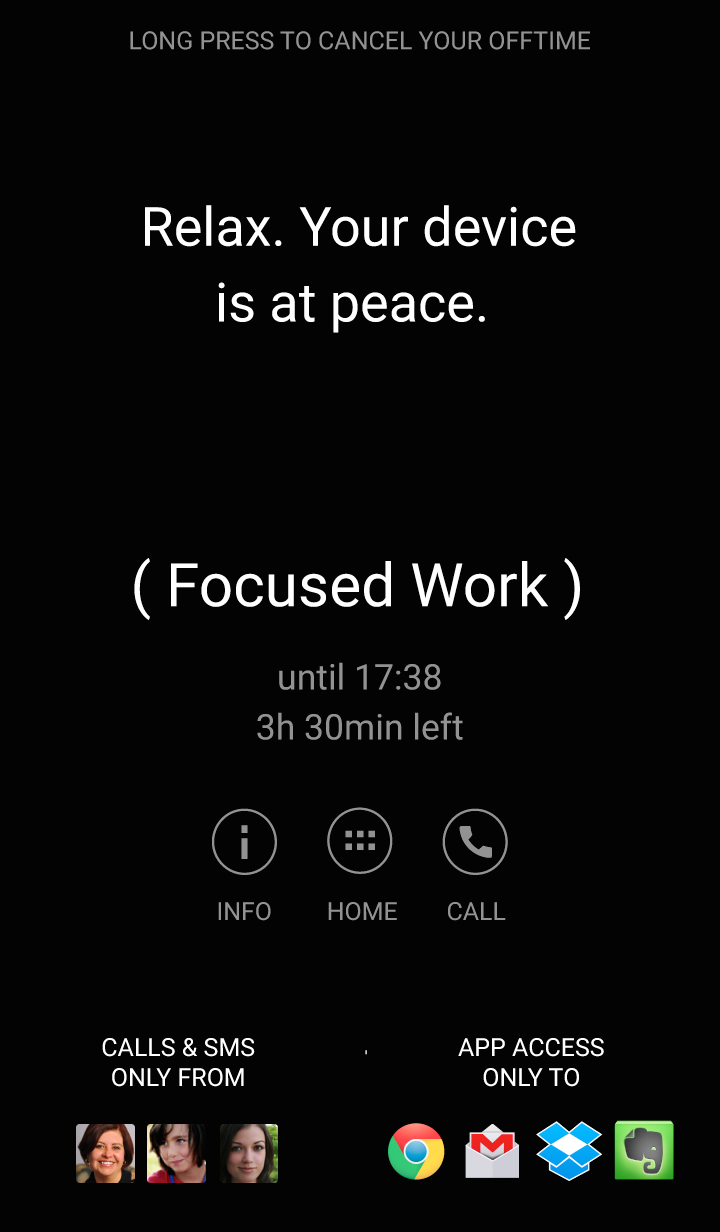The technology (sometimes) doesn't matter
Before I hit the main point of this post, I want to be clear about something - I think whether in enterprises or for personal use, having the 'right' technology available is often a critical enabler of both indivdual and organizational performance.
Anyone that has had to deal with older, even antiquated business systems that are slow, difficult to use, have to be accessed through a labyrinth of logins and passwords, and at the end of the (painful) process can't really produce the information you need to make decisions, can attest to the importance of modern tools and technologies. Or maybe it is that aging first or second generation iPhone you are still carrying around. You know, the one that has the tiny screen and doesn't have enough memory and processing punch to be able to run the VERY LATEST version of iOS. The iOS version that you know is better, even if you have no idea how. But you NEED IT.
So here is the point, until last week I was the guy carrying around a (by today's standards), a really, really old iPhone, an iPhone 4 to be precise. Older, kind of slow, I only had 3G network speed. Aside - does anyone actually know specifically how much better 4G is than 3G? Other than it being 1G better? But I held on to the old phone well past its normal life expectancy for two reasons. One, despite it being old, and small, and slow, it just worked. I was able to get everything done on the phone that I needed to get done. So the small size and slower speeds didn't really matter all that much. And second, and probably more importantly, I had been running a mental debate with myself for months about whether or not to switch to one of the newer Android phones, like the Samsung S5 or the LG G3. Eventually I ended up with the LG phone, primarily since I do not run any other Apple products other than the old iPhone, and am a big user of Gmail, Google Docs, and Google Hangouts, it seemed like a smarter move to go to Android.
But even though I knew that making the switch to Android was the right decision for me, I still put it off for months.
Why?
Because I fell into the trap that lots of us do these days, whether considering personal technology or even technology solutions for our business - I was placing too much value on the technology itself, and not thinking logically and critically about what I actually needed the technology to help me accomplish.
Keeping up with (and often failing) with Email, checking Twitter and Instagram, catching up on blogs and news with Feedly and Zite, and checking out sports scores on The Score - together these make up I would bet 90% of all the things I do on the smartphone.
And the truth is all smartphones, ANY smartphone including my old iPhone4 are perfectly capable of handing all of these use cases. Quite simply it doesn't matter which kind of phone I chose. ALL of them would do.
Yet I dithered on this 'big' decision for weeks and months, almost to the point where the old iPhone was just about crashing every day.
The point, (one more time), is that sometimes, maybe more than we think, the technology choices we make don't really matter as much as we get fooled into believing that they do. Whether it is modern smartphones or modern HR or Talent Management systems, chances are pretty good they all will suit most every use case that you can reasonably toss at them.
The technology today is so good and so capable, that success with it is fast becoming not an issue of whether or not you have good enough technology, but rather if you can figure out how to use the capability in the most beneficial manner. So maybe the advice is spend less time lamenting which technology to choose, and more time making the most out of the technology you do choose.
Have a great week!

 Steve
Steve
